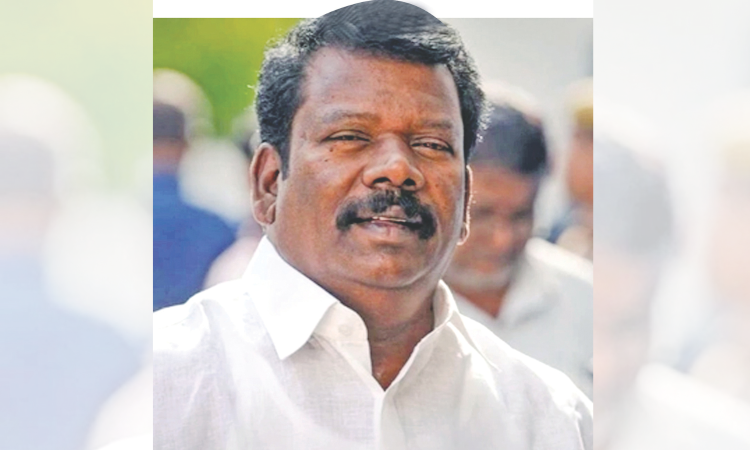TNCC shortlists 125 ‘winnable’ seats ahead of TN Assembly polls
Party insiders said they plan to seek more seats than in the previous election, backed by their strike rate in the 2021 Assembly polls. "In 2021, Congress contested 25 constituencies and won 18, securing around 4.29% of the total vote share," the leader said.

TNCC president K Selvaperunthagai
CHENNAI: The Tamil Nadu Congress Committee (TNCC) has shortlisted around 125 seats with strong winning potential for the party, based on the Sunday meeting of the seat-sharing panel.
Party insiders said they plan to seek more seats than in the previous election, backed by their strike rate in the 2021 Assembly polls. "In 2021, Congress contested 25 constituencies and won 18, securing around 4.29% of the total vote share," the leader said.
Meanwhile, TNCC Chief Selvaperunthagai strongly opposed the Union government's proposed Seed Bill, 2025, alleging that it threatens farmers' livelihood and hands over India's seed sovereignty to big corporations.
Selvaperunthagai claimed that it endangers the livelihood of Indian farmers. He stated that public consultation on the Bill will begin on December 11. He is raising concerns that the new law aims to fix seed prices in a way that will destroy traditional farming practices and push farmers to depend solely on corporate seed suppliers.
According to Selvaperunthagai, the Bill proposes stringent monitoring, certification and quality control norms that would privatise seed trade and favour corporate companies.
Farmers would be barred from saving, exchanging or economically benefiting from their own seeds, forcing them to purchase new seeds only from authorised corporate sellers every season.
Under the proposed Bill, every seller would be required to obtain registration certificates from central or state authorities before selling, exporting, importing or even distributing seeds. All seeds must be QR coded, he said.
He recalled that the 2001 Protection of Plant Varieties and Farmers' Rights Act legally allowed farmers to save, use, exchange and sell seeds without branding. The new Bill, similar to the widely opposed 2019 version, would undermine these rights and even enable the import of genetically modified seeds by multinational giants.
The Bill also prescribes heavy penalties, including up to three years' imprisonment, for non-payment. However, the criteria for determining whether seeds are "fake" or "substandard" remain unclear.
Selvaperunthagai warned that allowing corporates to fix exorbitant seed prices would escalate cultivation costs and repeat the earlier farm law crisis that led to massive farmer protests in Delhi.
He urged the Union government to immediately withdraw the anti-farmer Seed Bill, 2025, in the interest of protecting traditional seed sovereignty.



